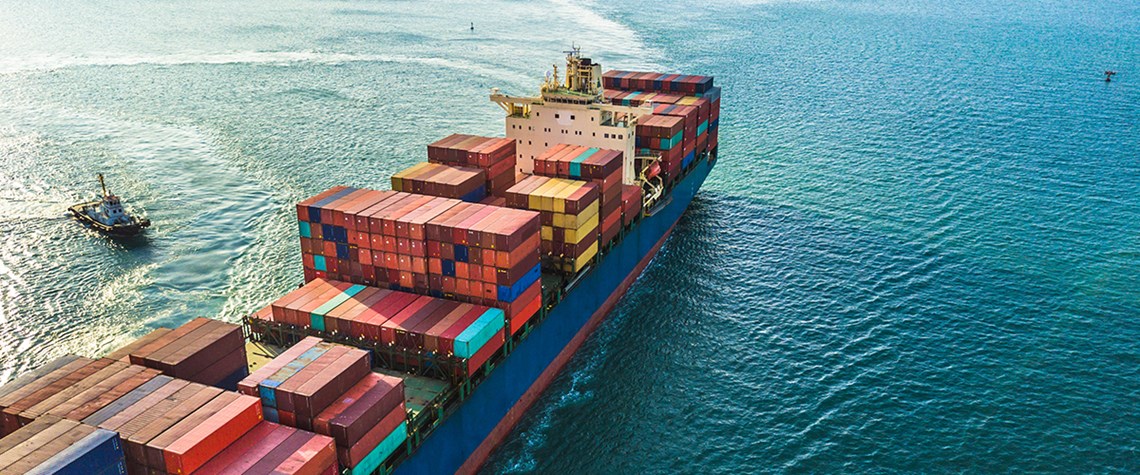30 January 2018
Fuels at sea
Ships must pollute less. Their owners can't ignore the impending regulatory changes
The International Maritime Organisation (IMO) deadline for emission control in world shipping is fast approaching. Beginning in 2020, vessels worldwide must limit their emissions to the equivalent of burning 0.5% sulphur-content fuels, whether by burning low-sulphur fuels themselves or by installing "scrubbers" to treat exhaust emissions. The change is likely to affect around 4m barrels a day of oil demand. Competition between new blends of oil fuels (very-low-sulphur fuel oil or marine diesels), scrubbers, or liquefied natural gas is likely to be fierce but evolutionary. Each competitor presents different challenges: scrubbers affect fuel efficiency and may be difficult to finance when so m

Also in this section
4 March 2026
The US president has repeatedly promised to lower gasoline prices, but this ambition conflicts with his parallel aim to increase drilling and could be upended by his war against Iran
4 March 2026
With the Strait of Hormuz effectively closed following US-Israel strikes and Iran’s retaliatory escalation, Fujairah has become the region’s critical pressure release valve—and is now under serious threat
3 March 2026
The killing of Iran’s Supreme Leader Ayatollah Khamenei in US–Israeli strikes marks the most serious escalation in the region in decades and a bigger potential threat to the oil market than the start of the Russia-Ukraine crisis
2 March 2026
A potential blockade of the Strait of Hormuz following the escalating US-Iran conflict risks disrupting Qatari LNG exports that underpin global gas markets, exposing Asia and other markets to sharp price spikes, cargo shortages and renewed reliance on dirtier fuels







